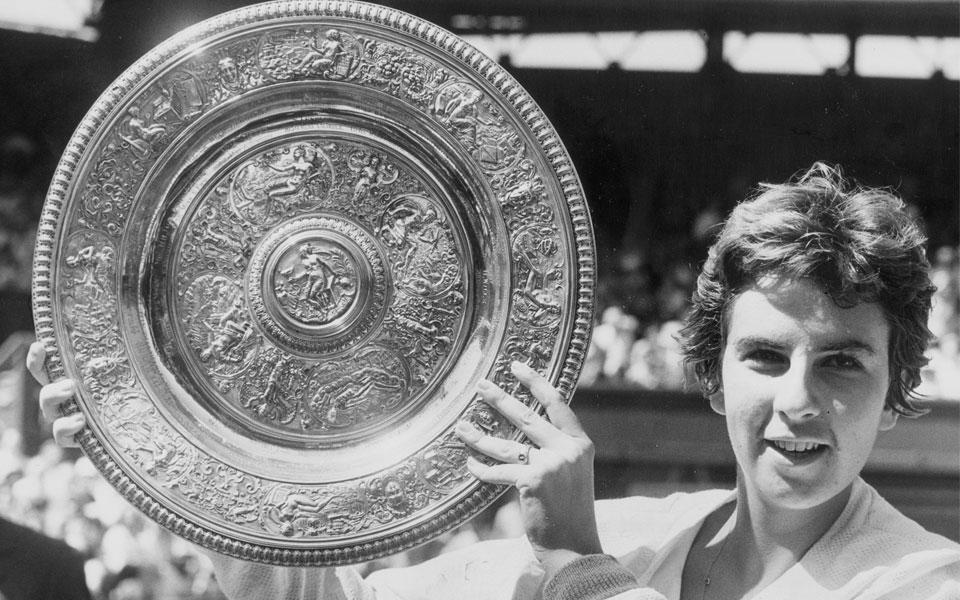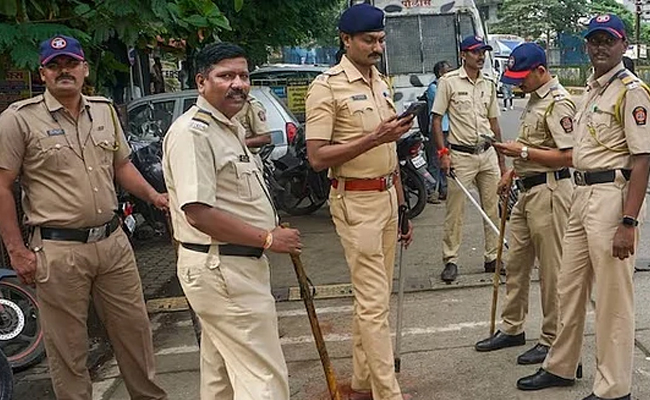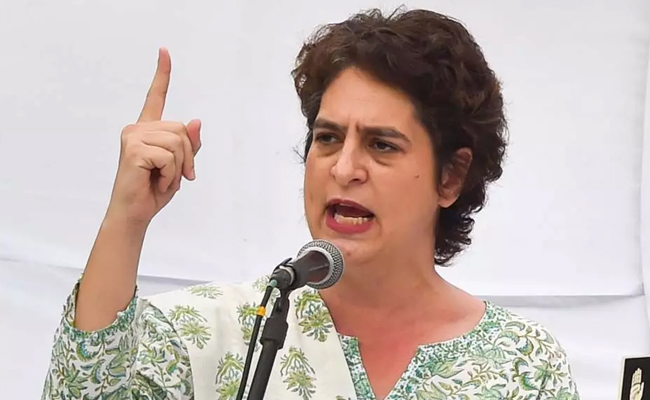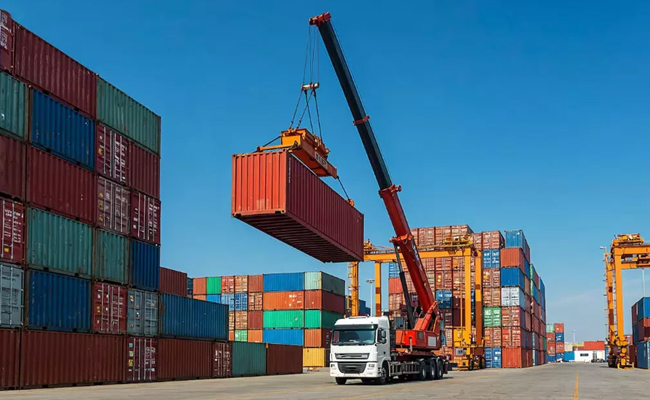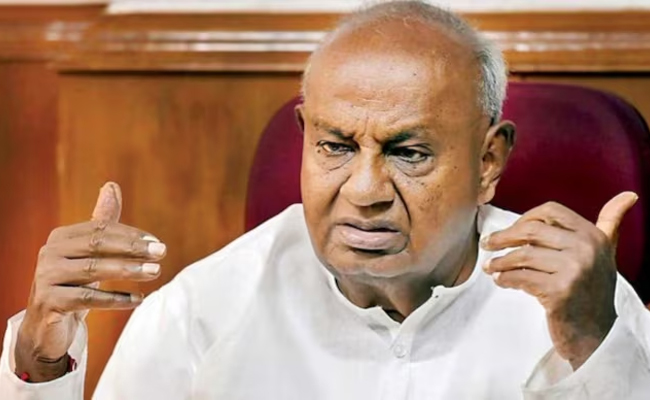Sao Paulo, June 9 : Brazilian tennis legend Maria Bueno, who dominated the women's game in the late 1950s and for much of the 1960s, has died at the age of 78 after a battle with mouth cancer.
Bueno passed away at the 9 de Julho hospital here, where she had been admitted several days earlier, doctors and family members said on Friday, reports Xinhua news agency.
The winner of 19 Grand Slam titles -- seven in singles, 11 in doubles and one in mixed doubles -- Bueno was nicknamed the tennis ballerina for her elegant playing style.
In 1960, she became the first female player to win a calendar year Grand Slam in doubles when she claimed the Australian Open, French Open, Wimbledon and US Open titles -- each with different partners.
But she rated the 1959 Wimbledon singles title as her greatest career achievement.
"I came from Brazil, where there were only clay courts and we didn't have any opportunities to practice on grass," she said in an interview with the WTA.
"So to win for the first time on grass was a big surprise."
In 1978, Bueno became the first South American to be inducted into the tennis Hall of Fame. She has since been joined by Argentina's Gabriela Sabatini and compatriot Gustavo Kuerten.
Let the Truth be known. If you read VB and like VB, please be a VB Supporter and Help us deliver the Truth to one and all.
Malkangiri (PTI): Normalcy returned to Odisha’s Malkangiri district on Monday, nearly a week after around 200 villages were damaged in violent clashes in a village, with the district administration fully restoring internet services, a senior official said.
Additional District Magistrate Bedabar Pradhan said internet services, suspended across the district on December 8 to curb the spread of rumours and misinformation following the clashes, were restored after the situation improved.
The suspension had been extended in phases till 12 noon on Monday.
The administration also withdrew prohibitory orders imposed under Section 163 of the Bharatiya Nyaya Sanhita within a 10-km radius of MV-26 village, where arson incidents were reported on December 7 and December 8.
Though the violence was confined to two villages, tension had gripped the entire district, as the incident took the form of a clash between local tribals and Bengali settlers following the recovery of a headless body of a woman on December 4, officials said.
ALSO READ: Why remove Mahatma Gandhi's name, asks Priyanka on move to replace MGNREGA
The violence broke out after residents of Rakhelguda village allegedly set ablaze several houses belonging to Bengali residents, forcing hundreds to flee. The headless body of Lake Podiami (51), a woman from the Koya tribe, was recovered from the banks of the Poteru river on December 4, while her head was found six days later at a location about 15 km away.
Officials said the district administration held several rounds of discussions with representatives of the tribal and Bengali communities, following which both sides agreed to maintain peace.
Relief and rehabilitation work has since been launched at MV-26 village, with preliminary assessment pegging property damage at around Rs 3.8 crore.
A two-member ministerial team headed by Deputy Chief Minister K V Singh Deo visited the affected village, interacted with officials and locals, and submitted a report to the chief minister.
So far, 18 people have been arrested in connection with the violence, the officials said, adding that despite the withdrawal of prohibitory orders and restoration of internet services, security forces, including BSF and CRPF personnel, continue to be deployed to prevent any untoward incident.
On Sunday, Nabarangpur MP Balabhadra Majhi visited MV-26 and neighbouring Rakhelguda villages, and held discussions with members of both communities as part of efforts to rebuild confidence and restore peace.
More than two lakh Bengali-speaking Bangladeshis were rehabilitated by the Centre in Malkangiri and Nabarangpur districts in 1968, and they currently reside in 124 villages of Malkangiri.

